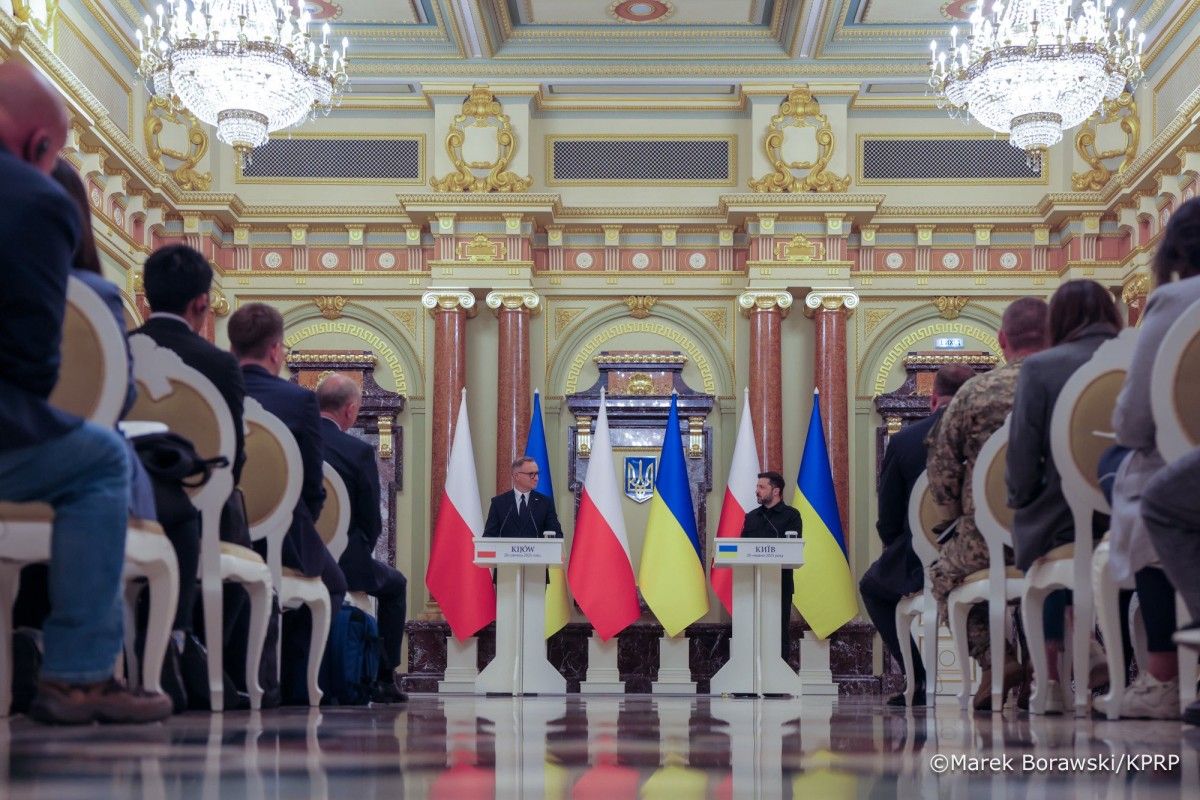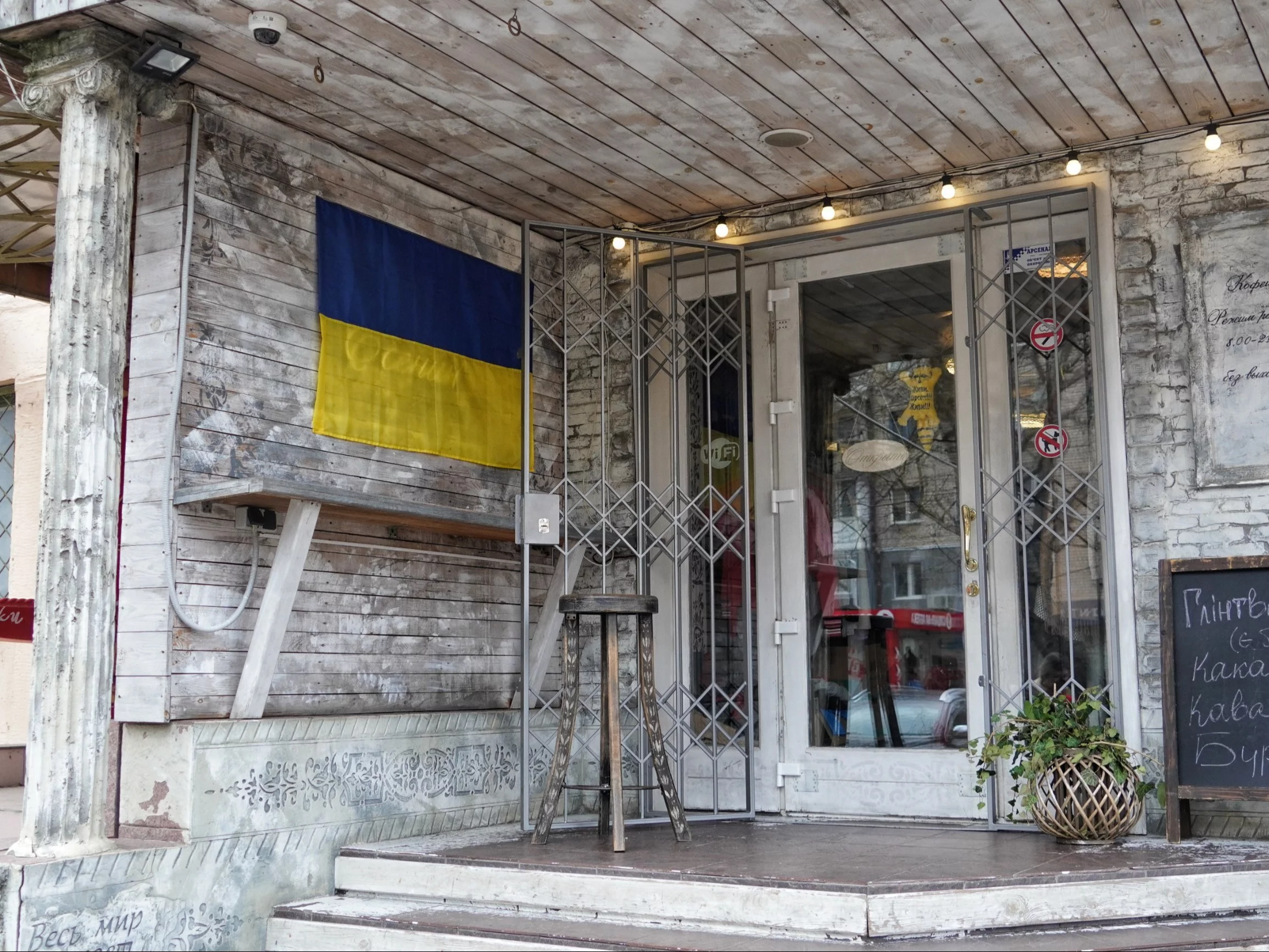A reported peace plan for Ukraine drafted by US and Russian officials has triggered sharp criticism from European leaders, who say they were excluded from negotiations that would force Kyiv to make major territorial and military concessions. The 28-point proposal, first reported by Axios news, would require Ukraine to cede de facto control of the eastern Donbas region to Russia while retaining only legal sovereignty, according to multiple reports.
The plan, allegedly developed by Donald Trump's special envoy Steve Witkoff and Kremlin adviser Kirill Dmitriev, has not been officially confirmed by Washington or Moscow. The White House declined to comment. But the proposal's reported terms would mark a significant setback for Ukraine after more than three and a half years of war, coming as Russian forces continue to make territorial gains in the east and as Kyiv grapples with a corruption scandal that led to the dismissal of two ministers this week.
Under the reported framework, Ukraine would be required to cut the size of its armed forces, surrender long-range missiles, and recognize Russian as an official state language in occupied regions. Moscow would pay Kyiv a lease for de facto control of Donbas. A senior Ukrainian official told Reuters that Kyiv received «signals» about US proposals discussed with Russia but had no role in preparing them.
European leaders push back
EU foreign ministers meeting in Brussels on Thursday condemned the reported plan. EU foreign policy chief Kaja Kallas said any peace proposal must include Ukraine and Europe. «For any plan to work, it needs Ukrainians and Europeans on board, so this is very clear,» she told reporters, adding: «We haven't heard of any concessions on the Russian side. If Russia really wanted peace, it could have […] agreed to unconditional ceasefire already some time ago, whereas we see again over this night bombings of civilians; 93% of Russian targets have been civilian infrastructure: schools, hospitals, apartment buildings, to really kill a lot of people and cause as much suffering as possible.»
French Foreign Minister Jean-Noël Barrot insisted peace cannot mean «capitulation» for Ukraine. «The Ukrainians... do not want any form of capitulation,» he said. Poland's Foreign Minister Radoslaw Sikorski welcomed peace efforts but stressed: «We command peace efforts, but... it's, of course, Europe's security that's at stake. So we expect to be consulted.»
Former UK Defence Secretary Ben Wallace told Times Radio the plan represented «another attempt by the Trump and the Kremlin to do a sort of grubby stitch-up.» He criticized Russia's negotiating strategy: «They just keep on pushing, they don't concede anything and eventually they see that Donald Trump despite the threats actually ends up taking their side, or taking their speaking lines and that is exactly what you are seeing on the 28-point plan.»
US position remains ambiguous
US Secretary of State Marco Rubio wrote on X that Washington «will continue to develop a list of potential ideas for ending this war based on input from both sides of this conflict.» He added: «Ending a complex and deadly war such as the one in Ukraine requires an extensive exchange of serious and realistic ideas. And achieving a durable peace will require both sides to agree to difficult but necessary concessions.»
Steve Witkoff, responding on X to the Axios report about the plan, appeared to inadvertently confirm discussions with his Russian counterpart, writing: «He [the reporter] must have got this from K» — apparently referring to Kirill Dmitriev, Putin's envoy.
President Volodymyr Zelensky, commenting on Telegram without directly addressing the reported framework, called for effective US leadership. «The main thing for stopping the bloodshed and achieving lasting peace is that we work in coordination with all our partners and that American leadership remains effective, strong,» he said. Zelensky is scheduled to meet US Army Secretary Dan Driscoll in Kyiv later today.
Note: This article was created with Artificial Intelligence (AI).


